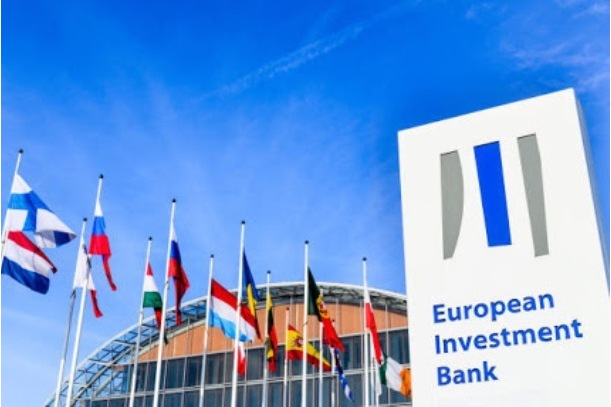EU financiers parley on sustainable recovery in capital markets

Summary
In June, the ESM published its Social Bond Framework to enable it issue social bonds.
The European Investment Bank (EIB) and the European Stability Mechanism (ESM) have held a joint online seminar on capital markets amid the COVID-19 crisis. Aimed at their investor bases, the two-day programme, which held on July 1 - 2, covered experts’ views on the macroeconomic and structural impact of the current crisis, the role of sustainable finance in the economic recovery, the role of public and private investment in the transition to a greener and low-carbon economy, and Europe’s financial resilience highlighting its journey from banking union to capital markets union.
Both institutions are playing a key role in the European Union’s response to COVID-19 crisis. Within the €540 billion rescue package approved by the European Council in April 2020, the EIB has established a European Guarantee Fund that will mobilise up to €200 billion, mainly to support SMEs. The ESM has made available a €240 billion credit line -- the Pandemic Crisis Support -- for euro area Member States to cover their direct and indirect healthcare costs related to COVID-19.
As of June ending, the EIB has raised €51.4 billion, or 85% of the total programme announced for this year. The bank is also the largest multilateral institution lending to climate change projects. In 2019, it devoted 31% of its lending to climate-related projects. It has committed to raise its lending target to climate action and environmental sustainability projects to 50% by 2025 and to align all its lending activity with the Paris Agreement by the end of this year.
The ESM has extensive expertise in raising funds to help crisis-hit countries. Although its financial assistance programmes have now completed, with Greece successfully concluding its three-year ESM financial assistance programme in August 2018, the ESM and its sister institution, the European Financial Stability Facility (EFSF), remain active borrowers in capital markets to roll over bond issues as part of loan management. The ESM currently has lending capacity of €410 billion, of which up to €240 billion is available for combating COVID-19.
In a statement sent to Financial Nigeria by EIB, the bank's President, Werner Hoyer, said: "The EIB as the EU Bank has developed a rapid, timely and concerted response, both inside and outside EU. It is crucial that citizens see solidarity in the different reforms and response packages. In this context, the role of Sustainable finance and Energy Transition are essential for a green and socially just recovery.”
The EIB has issued €6.5 billion in Climate and Sustainability Awareness bonds (CABs and SABs) since the beginning of the year. Since the outbreak of the pandemic, the bank has issued €2.4 billion equivalent in SABs, contributing to environmental- and social sustainability objectives in line with evolving EU sustainable finance legislation and contributing to the United Nations’ Sustainability Development Goals, including Universal Access to Affordable Health Services (SDG 3). SAB-eligibilities are being extended to other financing areas directly related to fight against COVID-19 pandemic.
On its part, the ESM/EFSF have a total of €300 billion in the market. ESM has issued €6.5 billion in long-term funding so far in 2020, which provides for roll over of maturing bonds as part of the long-term loans made to euro area Member States. Additionally, the EFSF has issued €9.5 billion in long-term funding so far in 2020. In June, the ESM published its Social Bond Framework. This allows the ESM the option to issue Social Bonds in response to applications for its Pandemic Crisis Support.
Related
-
FCMB partners Mercy Corps to uplift farmers, vulnerable people in the North East
The intervention will particularly target young people and women.
-
IFC invests $11.5 billion for Africa’s green transition and job creation
IFC said it made $11.5 billion in investments between July 1, 2022, and June 30, 2023, across 40 countries, the ... -
Reserves managers are beginning to address ESG - Survey
The most popular ESG strategies across respondents are negative screening of sectors with adverse sustainability impacts.







